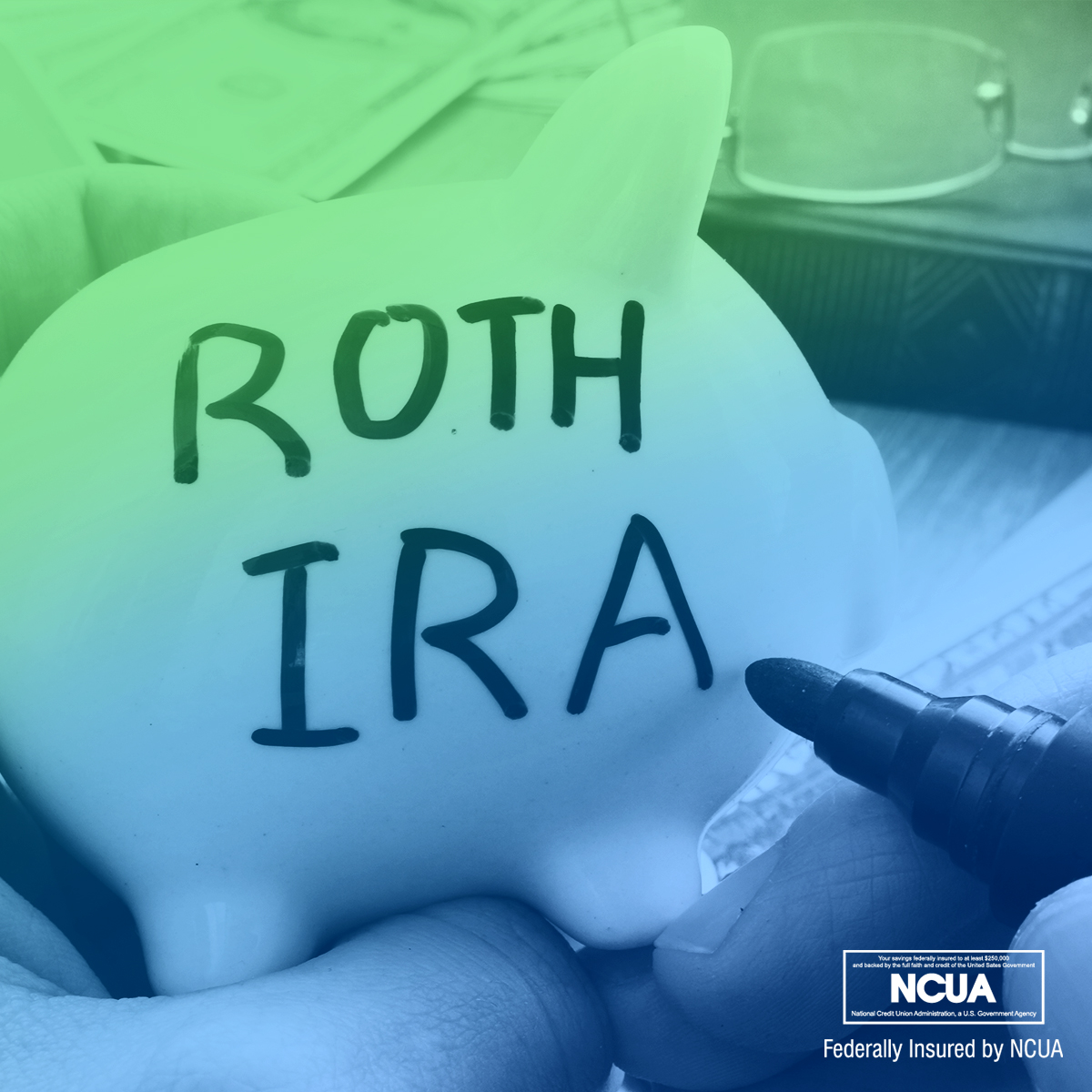Moving into a Roth IRA from a Traditional IRA or SIMPLE IRA may be a great way to maximize your IRA savings. Converting is easy to do, and may have positive effects on your financial future.
The Basic Facts
A conversion is the taxable movement of Traditional or SIMPLE (Savings Incentive Match Plan for Employees of Small Employers) IRA assets to a Roth IRA. The financial organization administering the conversion reports the movement of assets to the IRS, while you include any pretax amounts converted in your taxable income for the year of the conversion.
Here’s how it works:
- The money leaves your Traditional or SIMPLE IRA. (Any amount that you withhold for income taxes is not converted and is subject to income and penalty tax.)
- The money is deposited into your Roth IRA as a conversion contribution (less any withholding).
- Include the money that left your Traditional or SIMPLE IRA in your taxable income for the year of the conversion.
- Enjoy tax-free income during retirement (or before).
You can convert from a Traditional IRA or a SIMPLE IRA directly or indirectly. A direct conversion occurs when the distribution from the Traditional or SIMPLE IRA is payable to the receiving financial organization for the benefit of your Roth IRA. An indirect conversion occurs when the distribution is payable to you, and within 60 days you deposit the money into a Roth IRA.
Before moving into a Roth IRA, consider the following factors:
- Your Traditional or SIMPLE IRA balance
- Your current IRA investments
- Number of years until you retire
- Your current tax rate vs. anticipated future tax rate
- Your ability to pay tax now
If you take a distribution of your converted assets within five years, a 10 percent early distribution penalty tax generally applies unless you have a penalty tax exception.
Benefits of Moving into a Roth IRA
Roth IRAs have the potential of providing you with tax-free income now or during retirement. Because you pay tax on the amount you convert in the year you convert, you do not have to pay tax on that money again when you take it out, no matter when that is, although penalty taxes may apply. Even better, when you have a Roth IRA qualified distribution (have a Roth IRA for five years and meet one of four qualifying events), the earnings also are distributed tax-free.
Your income must be under certain limits to be eligible to make annual Roth IRA contributions. So if you are not eligible to contribute, converting may be your only way into a Roth IRA.
If your goal is to move money into a Roth IRA but you have concerns about paying the tax, it may be helpful to know that you do not have to convert your entire IRA balance in one year. You can move some of your IRA savings each year, or you may choose to wait until you are in a lower tax rate bracket to convert.
For more information about moving into a Roth IRA, contact us through our Georgia Heritage FCU website or step into one of our credit union branches in Effingham County, Chatham County, or Bryan County.




